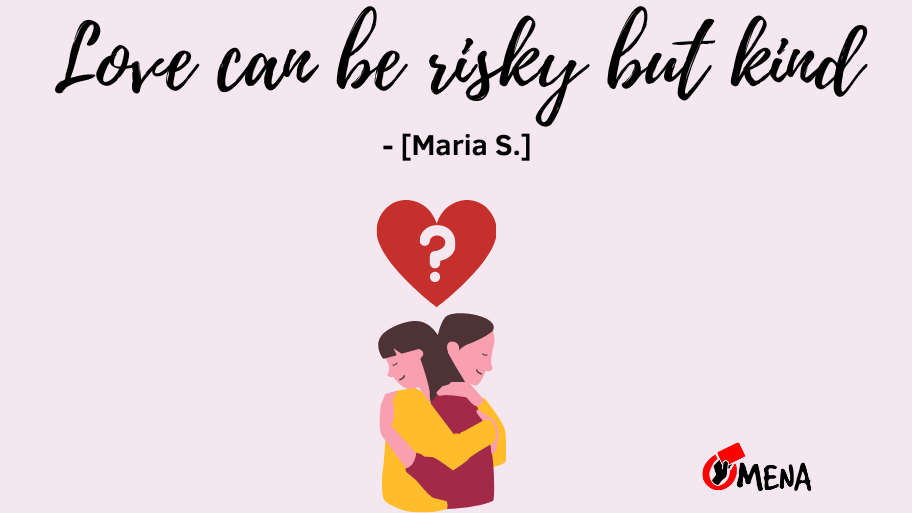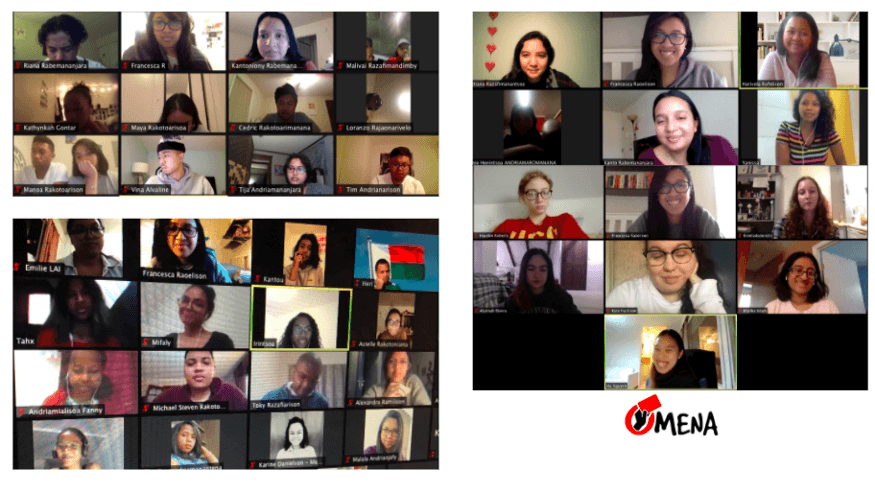One’s loved ones are the receiver of one’s care, value, commitment, and attachment style. One’s attachment style can vary in degree of confidence and level of security. Philosophers have argued that the adult attachment behavioral system resembles the attachment between infants and their caregivers (Wonderly 2019, p. 24). They have also argued that the style of attachment one experiences as an infant can greatly shape the development of their capacity to love as adults (Wonderly 2019, p. 30). At the same time, attachment is not necessary for love to exist between two people — since one can value, care for, commit to, and deeply appreciate another without an intrinsic, insistent desire to be proximally close, to protest separation, seek the other as a safe haven, or require the other as a base from which to explore new environments. With that said, romantic love does commonly present itself with some level of attachment behavior. When this attachment behavior is abused or turns harmfully obsessive, the adult initiating this extreme attachment can be considered to be addicted to their loved ones or, more generally, addicted to love.
Adult romantic relationships are often considered healthy when both people involved understand each other’s attachment styles, communicate their preferences and desires openly, and evolve their ability to love themselves and others with self-awareness and mutual respect. Insecure styles of attachment can involve varying degrees of anxiety towards the strength of the relationship, doubts about one’s partner’s fidelity and commitment, and worries about being abandoned by one’s partner. Meanwhile, sometimes, it can also include avoidance of all emotional intimacy to maintain a level of unhealthy detachment which makes the insecurely attached individual feel comfortable. These insecure attachment styles are arguably present to some level in every relationship. However, a person can act on these insecurities and subsequently harm themselves or their loved one, negatively affecting their lives and emotionally harming their partner.
Love addiction can, then, be outlined as a compulsive, insistent form of attachment behavior that reduces control of those involved in the relationship and includes a great level of emotional, psychological, and — in some cases — physical harm. Love addicted persons often lack self-esteem and respect for their partner’s lives. Consequently, a narrow view of addiction argues “that addicts lack control over their actions and are not fully autonomous” (Earp 2017, p. 84). Even though the initial developments of romantic love can be considered involuntary and driven by a general desire for romantic partnership, the evolution of the love is fashioned by authentic choices by the individuals involved — be them damaging or healthy.
We can then turn to possible treatments for those addicted to love. Research with substance addicts has provided great evidence that addicts “are responsive to incentives and so have choice and a degree of control over their consumption in a great many circumstances” (Pickard 2017, p. 172). Hence, those addicted to love should be offered a pathway to recovery based on encouraging them to develop their “agency and responsibility — to support and empower people to make different choices” (Pickard 2017, p. 175). Regarding love addicts as responsible and accountable, without blaming them, will offer them a compassionate treatment option likely to help them overcome their challenges and positively address their feelings.
Extreme attachment styles can reduce one’s control over their own behavior and sometimes lead to abuse occurring in the relationships that unhealthily attached individuals find themselves in. These cases should be investigated as love addictions and be candidates for medical intervention. Love can be risky but kind; treating the addicted to love with care can give them a chance to experience love again with a more positive regard.
References:
Brian Earp et al. 2017. “Addicted to Love: What is Love Addiction and When Should It Be Treated?” Philosophy, Psychiatry, & Psychology 24(1): 77–92.
Hanna Pickard. 2017. “Responsibility without Blame for Addiction,” Neuroethics 10(1): 169–180.
Monique Wonderly. 2019. “Early Relationships, Pathologies of Attachment, and the Capacity to Love.” In. A. Martin (ed), The Routledge Handbook of Love in Philosophy. New York, NY: Routledge, pp. 23–34.
Maria Sckaff is currently in her last quarter as a bioengineering student at the University of California, San Diego. Although she currently lives in Georgia, she has lived in Brazil, California, and Arizona. Maria loves to watch funny TV shows, movies, hike with her doggo, dance, and try new restaurants. Maria believes the mission of Omena is incredibly important to break the cycle of emotional and psychological abuse that perpetuates through generations in many cultures worldwide. Maria is excited to share some of her thoughts on all of this with you! Maria wants you all to never forget to take care of yourself, be kind, love one another, and stay safe.



